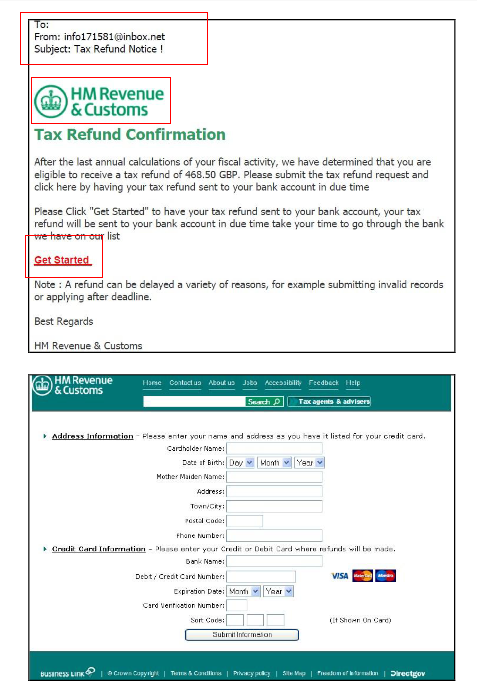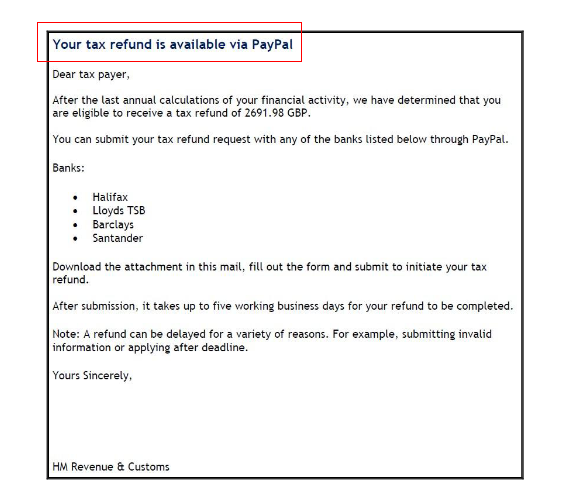In today’s digital age, businesses face a multitude of cyber security threats, and fake invoices are among the most common. Scammers often target organisations with fraudulent invoices, hoping to trick them into making payments for goods or services they never received. For businesses, falling victim to these scams can result in financial losses and damage to their reputation. Fortunately, there are several signs you can watch out for to identify fake invoices and protect your business.
Verify the sender
One of the first steps in identifying a fake invoice is to carefully examine the sender’s information. Legitimate invoices typically come from trusted vendors or service providers. If you receive an invoice from an unfamiliar or suspicious email address, proceed with caution. Look for inconsistencies in the sender’s email address or domain name, as scammers often use slight variations of legitimate addresses to deceive recipients.
Check for accuracy
Authentic invoices usually contain accurate and detailed information regarding the products or services provided, along with corresponding prices and quantities. Take the time to review the invoice carefully and compare it to any previous transactions or agreements you have with the sender. Look for discrepancies such as incorrect billing amounts, unfamiliar item descriptions, or unexpected charges, which could indicate a fake invoice.
Look for red flags
Fake invoices often contain red flags that can help you identify them. These may include spelling or grammatical errors, bad quality company logo, inconsistent formatting, or unusual payment instructions. Be wary of invoices that demand immediate payment or offer discounts for early settlement, as these tactics are commonly used by scammers to pressure victims into making hasty decisions. Be aware that scammers may use QR codes in their emails to try obtain credentials or direct the payment to their account. The British Business Bank have useful tips on red flags, whilst the NCSC provide information more broadly on how to recognise phishing scams.


Verify the transaction
If you receive an invoice for goods or services that you did not request or authorise, it is likely a scam. Before making any payments, reach out to the supposed sender using verified contact information to confirm the legitimacy of the transaction. Additionally, consider implementing a verification process within your organisation to authenticate all incoming invoices before processing payments.
Educate your team
Equip your employees with the knowledge and resources they need to identify and report fake invoices. Conduct regular training sessions to raise awareness about common invoice scams and teach staff members how to recognise suspicious emails or documents. Encourage a culture of vigilance within your organisation, where employees feel empowered to question and verify any unfamiliar or questionable invoices they receive.
Implement security measures
Strengthen your organisation’s defences against fake invoices by implementing robust cyber security measures. Utilise email filtering software to detect and block phishing attempts, and consider implementing multi-factor authentication to further safeguard the accounts with access to sensitive information or finances. Regularly update your antivirus software and firewall settings to guard against malware and other cyber threats.
Report suspected fraud
If you believe you have received a fake invoice, report it to the security team or appropriate authorities immediately. By reporting suspected fraud promptly, you can help prevent further harm to your business and assist in the investigation of the perpetrators.
Identifying fake invoices requires a combination of vigilance, attention to detail, and proactive security measures. By following the steps outlined above and remaining vigilant against potential scams, you can protect your business from falling victim to fraudulent invoice schemes. Remember to educate your team, verify transactions, and report any suspicious activity to help safeguard your organisation’s financial well-being and reputation.
Need some advice on how to keep your business safe?
Don’t let cyber threats put your hard work at risk. Book a free 30-minute cyber security consultation with our specialists today. Gain personalised insights, practical advice, and the latest strategies to protect your business from fake invoice scams and other digital dangers.





